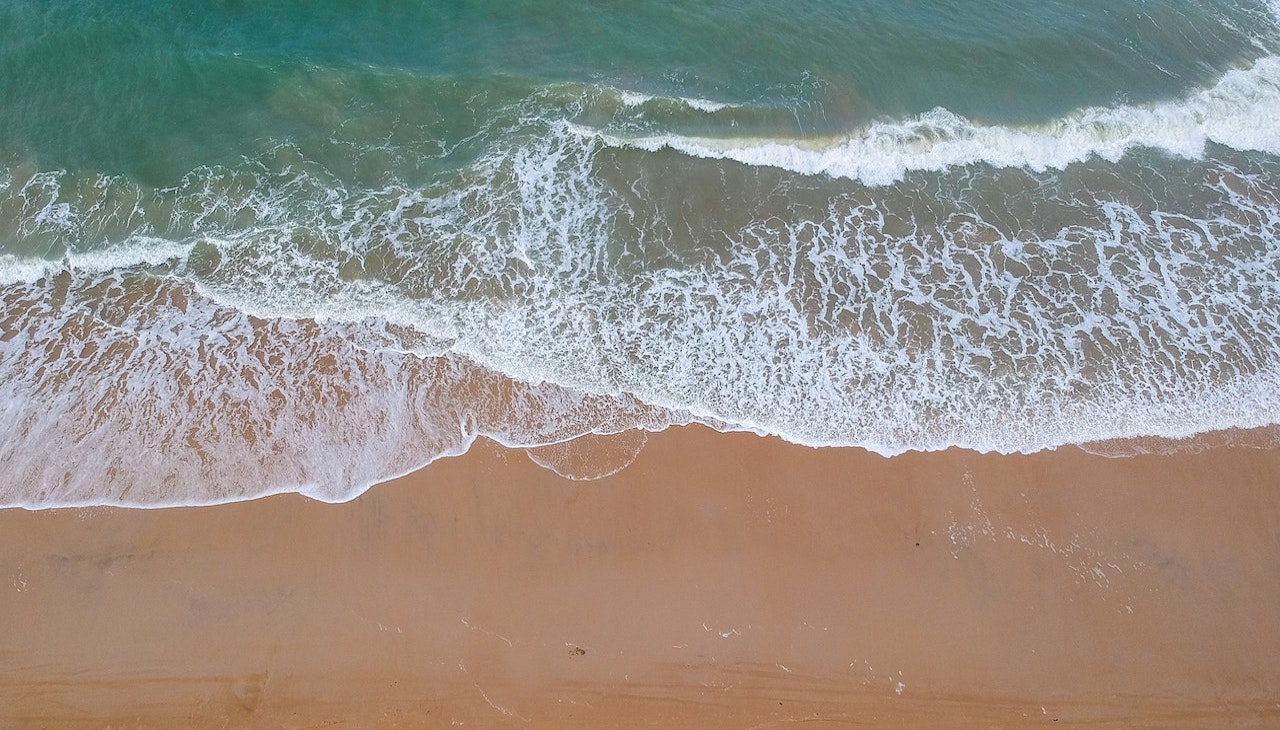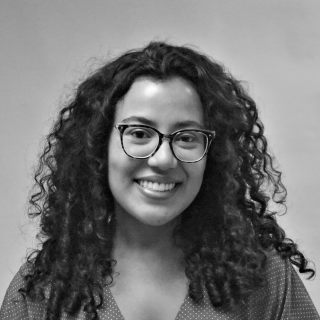
The movie inspired by a Brazilian island
David Romberg is one of the talents who participated in the Philadelphia Latino Film Festival.
When David Romberg was studying film at Temple University, he began to investigate a story his dad used to tell him as a kid. Located in the remote island of Ilha Grande, in Brazil, it turned out to be much more than just his graduate project. With political, social and personal aspects, the movie was able to connect him with a place he can call home.
After over 10 years of intense work, Romberg finished the film in 2020. On June 17th, he had the pleasure to present it for the first time in the city where he was born, Philadelphia. “The Man of the Monkey” was one of the tales presented at the 2023 Philadelphia Latino Film Festival.
Committing to local creators, Marángeli Mejía-Rabell — Festival Director & Chief Curator — said she was excited to see Romberg presenting his work as he has a close connection to Philadelphia. The festival has been around since 2012 but has expanded throughout the years. What began as a three-day event is now a six-week long cultural fest. With 200 representing 25 different countries, it is a mixture of virtual and in-person events.
BACKGROUND
Romberg is the only American in his family. Although born in Philadelphia, his roots are all over the world. His father is Argentinian, but that whole side of the family is composed from German immigrants in the 1900s. On the other hand, Romberg’s mother is an Israeli who grew up in Argentina — which is the reason why he grew up speaking mostly Spanish.
A family of creators, Romberg’s dad was an artist, and his mom a cultural anthropologist, making him move constantly during his childhood. He left the United States right after being born, only returning at the age of 14.
Before doing film, Romberg studied fine arts at Tyler School of Design. After graduation, he traveled and worked with it but returned to Temple to pursue his graduate degree. After teaching at Temple for a couple of years, Romberg is currently an assistant professor at Muhlenberg College.
ILHA GRANDE
In the 70s, Romberg's father was exiled from Argentina during the dictatorship. As he was part of a group of artists resisting the government and was teaching students in the North of the country — where most of the revolution started — he became prosecuted. Living like a nomad for the next decade, he moved from country to country until he decided to build a house on this island in Brazil called Ilha Grande — a suggestion from a friend.
At the time, the island was very isolated. It was mostly populated by fishermen and locals, mainly because of a violent and politically-motivated prison that existed there.
The house served as a place where Romberg’s family could go in case needed.
“It was a place that at the time, and maybe still today, you could kind of disappear,” Romberg said. “People wouldn’t know who you were.”
He remembers with love the times as a child when he used to be there, living simply — basically without electricity or running water, and growing their food. His dad would tell him bedtime stories about the myths and legends of the place, one of them being the man of the monkey.
The story about a German man living on the other side of the island, in the mountains, with a monkey who was his protector and partner intrigued Romberg when he got older. The story used to be told to kids to scare them out and prevent them from going on unsafe adventures. For Romberg, as a Jewish, the fact that the man was German was even more scary.
As an adult, he started learning about the history of what happened after World War II, and how a lot of Nazis had escaped to South America. It was when he realized that the story might be real.
RELATED CONTENT
He didn’t even know if there was a story worthy of a film there, but if there was one, he was determined to find it. While still at Temple as a graduate student, he went back to Ilha Grande and interviewed many of his friends that he grew up with.
Very quickly the story started growing, eventually becoming about the bigger social and political issues happening on the island — including tourism and exploring the land. He also acknowledges the idea that there is no safe place in the world as he finds out the prison on the island tortured political dissidents from the Brazilian dictatorship at the time. His father ended up on the island where people just like him were being tortured.
“You start to understand that this island that seems to be this beautiful place has also a really dark history that goes back to [the] slave trade, decimation of indigenous people, and more,” Romberg said.
Connecting all the stories, his main search is still trying to find the man of the monkey.
FEEDBACK FROM THE PUBLIC
Romberg was excited to show the movie in his hometown. He has received positive feedback from Americans, as people were able to identify with many of the issues in the film — such as immigration and the idea of transgenerational trauma.
Romberg also adds to the pertinent issues the film brings around the idea of what it means to have a home, what in fact is a home, and if it is something permanent, physical, or imaginary.
“As a country of immigrants, I think a lot of people in the United States are living that reality of having multiple kinds of homes,” Romberg said.
The movie hasn’t been shown in Brazil yet, and Romberg has the idea of screening it on the beach in Ilha Grande. As a place close to his heart, he wants it to be special and for the people in the movie to see themselves. Even though an outsider, Romberg felt very connected to that island — being the closest he has to a home.
“My idea of home is completely nomadic, I can feel at home anywhere as long as there are people that are warm and people that think like me,” he said. “But if there was a home for me, it would be that island.”











LEAVE A COMMENT: